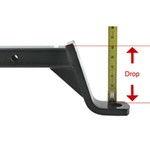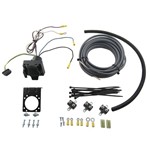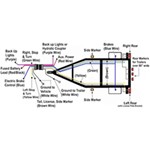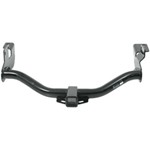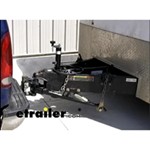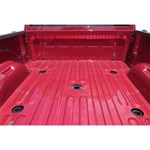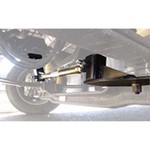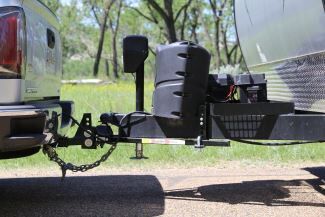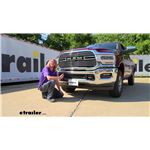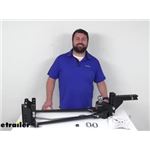heavy duty receiver hitch - Class IV
Contact and Help
I received this order yesterday. Thanks for the outstanding service. I appreciate it! Thanks, Alex
Alex
Blowing Rock, NC
Heavy Duty Receiver Hitch: Built for the Toughest Jobs
Heavy Duty Receiver Hitches are essential for towing large loads with confidence. Whether you're hauling a trailer, a boat, or a camper, these hitches provide the strength and reliability you need. Consider the weight capacity, receiver size, and compatib
Many find installing a heavy-duty hitch straightforward, especially if it comes with pre-drilled holes and clear instructions. However, if you're not comfortable with DIY projects or if the installation requires welding, seeking professional help is advisable.
To ensure a proper fit, check the hitch's specifications against your vehicle's make and model. Many hitches are designed for specific vehicles, so compatibility is key. If modifications are needed, ensure they are minor and won't compromise the hitch's integrity.
Regular maintenance is key. Inspect your hitch for rust, wear, and damage. Clean it regularly and apply a rust-resistant coating if needed. Tighten bolts and check for any signs of stress or fatigue, especially after long trips or heavy use.
For long-distance towing, ensure your hitch is rated for the weight you'll be hauling. A heavy-duty hitch with a high weight capacity is crucial. Also, check that all components are securely fastened and inspect for any wear or damage before setting off.
Choosing the right receiver size depends on your towing requirements. A 2-inch receiver is common for lighter loads, while a 2.5-inch receiver offers more strength for heavier towing. Consider the weight of your trailer and the towing capacity of your vehicle to make the best choice.



 Filters
Filters













